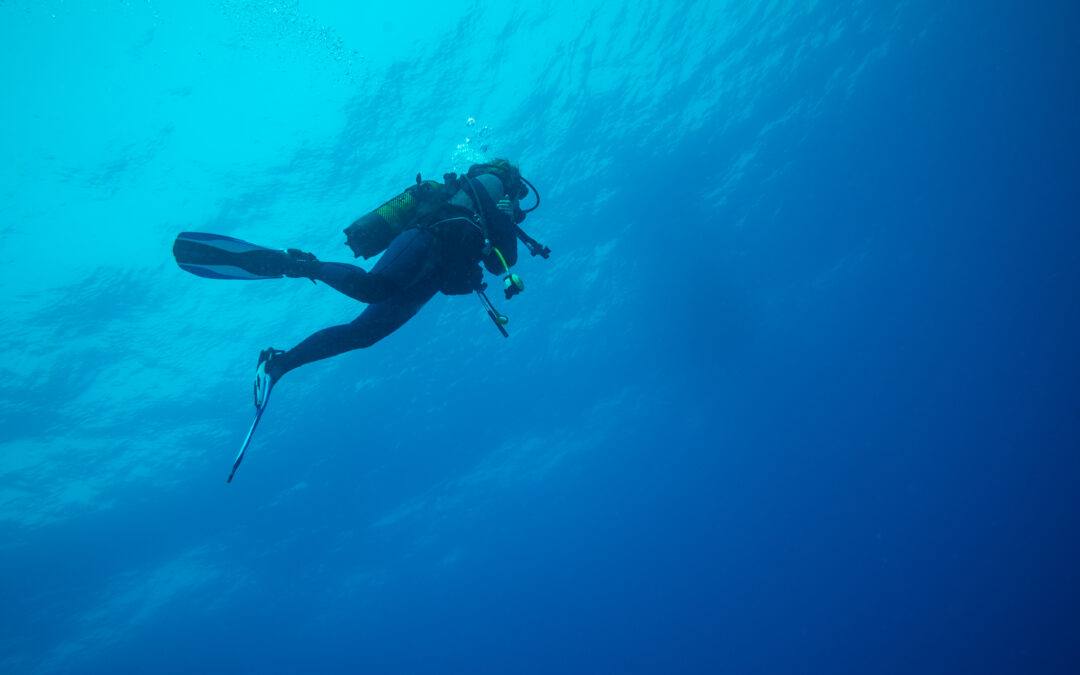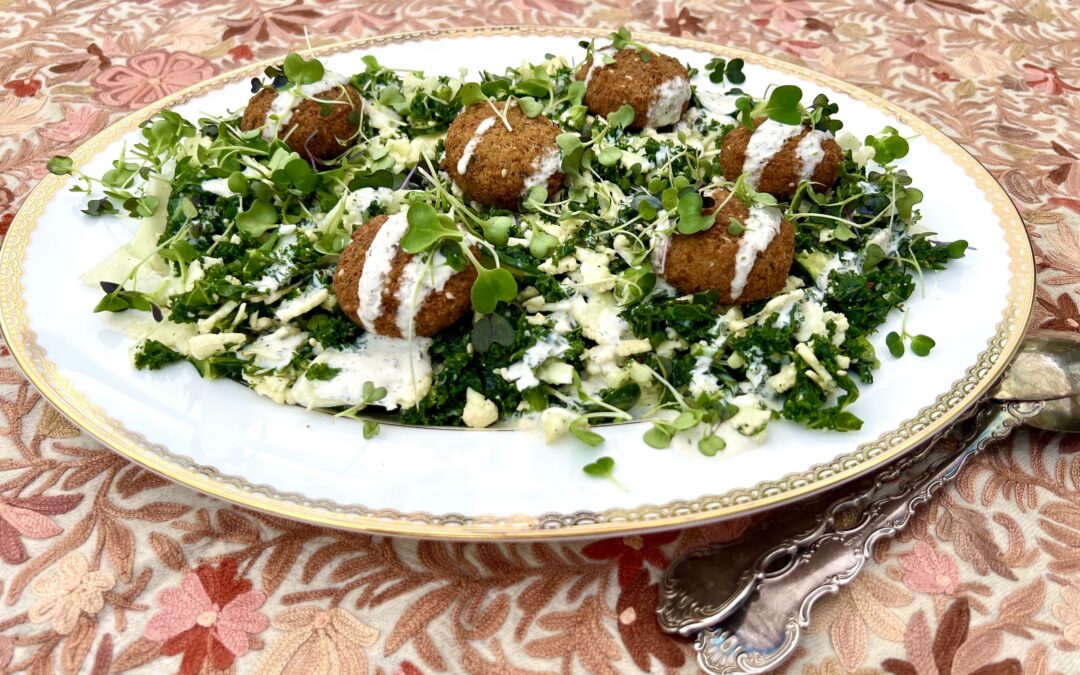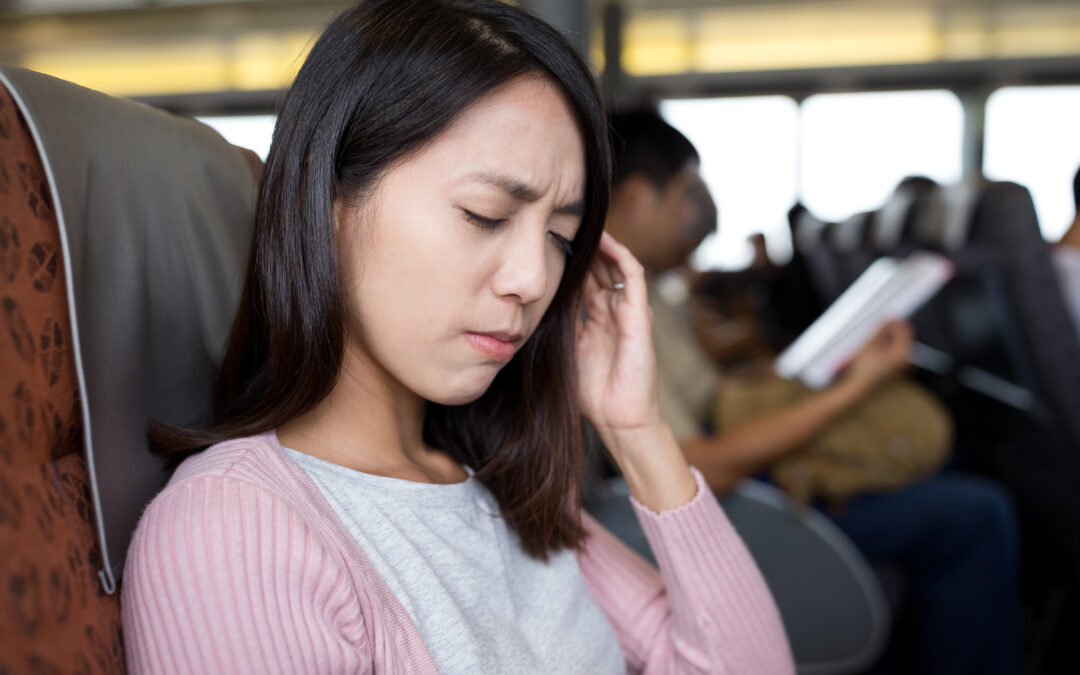
Travel can teach you many interesting and useful things, opening your eyes to new ways of viewing the world. However, some lessons are unwanted—such as how soon you get sick after eating E. coli-contaminated lettuce.
I learned this truth the hard way, and it’s worth sharing my experience to prevent others from suffering the same unpleasant fate. While no temporary tummy ache will quash my hunger for adventure, I wish someone had clued me into the possibility of food-borne illnesses abroad. Here’s what I learned as a digital nomad about safeguarding your stomach.
What’s Up With “Don’t Drink the Water” Anyway?
First of all, problems with water can strike anywhere in the world—remember Flint, Michigan? The issue stems from a similar cause, no matter where you roam. Aging infrastructure, such as old pipes and storage tanks, can contaminate what pours from your tap. Bacteria and viruses can also proliferate in such damp environments, and guess what happens when you use that water to wash your food?
When my symptoms first arose, I was fortunate to get a doctor’s appointment the same day via telehealth. This style of remote medicine is invaluable. Even stateside, 80% of people in rural counties lack access to specialists like psychiatrists, and finding a gastroenterologist in Mexico with my limited Spanish was a dubious proposition. Being able to reach your physician by teleconference also helps travelers.
How Long After Eating E. Coli Lettuce Do You Get Sick
E. coli exists naturally in your colon, where it does not harm—it’s when it enters elsewhere in your body that you experience trouble. It also spreads rapidly. Think about it: you use the restroom, you wash your hands and bam, into the water supply, those germs go.
The exact cause of food poisoning is often impossible to discern as it takes a while for symptoms to appear. For example, it takes three to four days after eating a salad contaminated with E. coli lettuce for some to race to the bathroom. Diarrhea is the most prominent symptom, and boy, did mine strike hard.
My doctor informed me under what conditions to seek emergency medical treatment. However, I was, fortunately, able to ride out my E. coli lettuce storm by sipping ginger and mint teas to stay hydrated, taking it easy and staying within quick dashing distance of the toilet for a few days.
Finding Medical Care Overseas (It’s Often Easier Than at Home)
Even though I didn’t need to visit the hospital, another lesson I’ve learned as a digital nomad is how much easier, in general, it is to find healthcare overseas than stateside. Here, many people don’t see a doctor even when things are dire because of costs. They either lack insurance or can’t afford their copays and deductibles.
Conversely, 72 other countries worldwide already have a universal healthcare system funded through taxes. Although you must research and sometimes buy supplemental coverage before your visit, many such nations provide at least emergency treatment to travelers. Mexico began working on a universal system in 2012, and President Obrador promises the country will have one of the world’s best systems by the end of 2024.
Every country is different. You should investigate factors like your options for emergency care and which medications are available and how—by prescription or OTC—before you depart. However, there’s a good reason why medical tourism is such a huge industry in the United States. While there are many things the US excels in, it could learn a lot from other nations regarding taking care of public health.
My Favorite Tips for Avoiding Trouble When Eating or Drinking Overseas
Of course, your best bet is to avoid getting sick in the first place. Here are my favorite tips I’ve learned in my experience as a digital nomad in Tulum that can prevent stomach woes on your next journey:
- Skip the tap for drinking water and washing your produce. When washing dishes, use a dishwasher, as the high temperatures kill germs. If your lodging lacks this amenity, use bottled water to clean anything that might touch your mouth, at least until you feel confident in the local water supply.
- Pass on the ice cubes. Did you think sticking to a margarita instead of water would keep you safe at the cantina? Ay, te olivdaste el hielo. That ice could gripe your belly as much as one too many.
- Avoid raw fruits and vegetables (like salad) in places where you aren’t sure about sanitation practices. This rule includes how they wash said veggies if you aren’t certain of the local water supply.
- Remember your hygiene. A germ works the same in Tulum as it does in Detroit. If it’s on your hands and gets in your mouth, it may make you sick. Wash your hands after using the restroom and before eating. Soap removes the bonds between bacteria and your skin, but you can always follow with a dab of sanitizer if you feel unsure.

